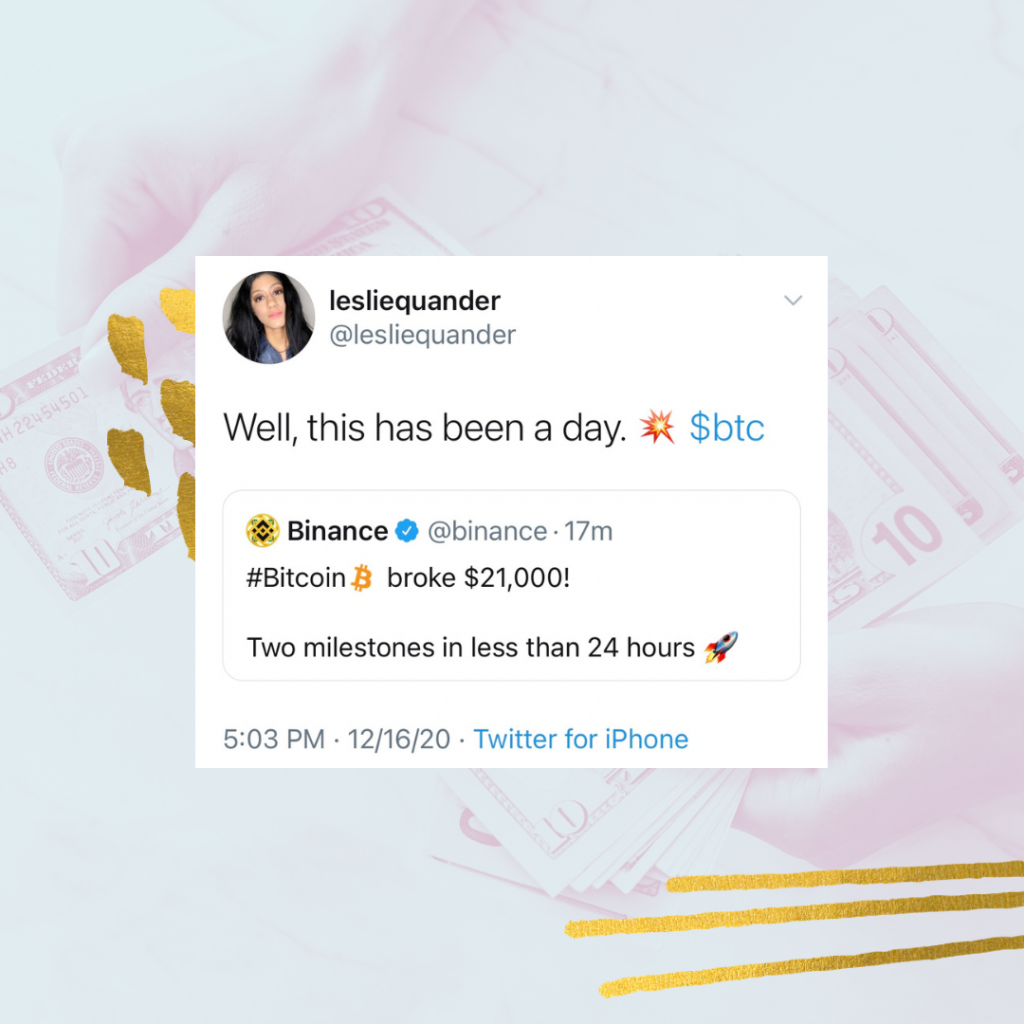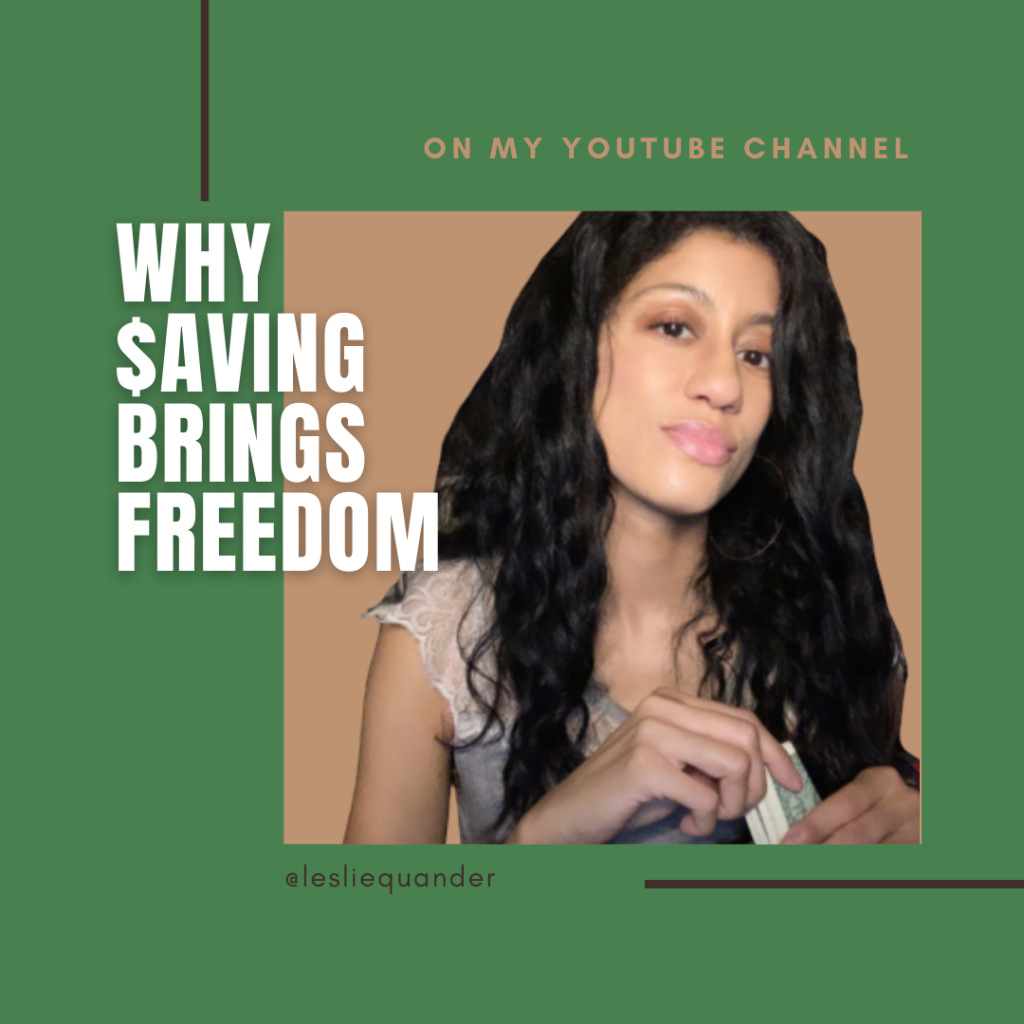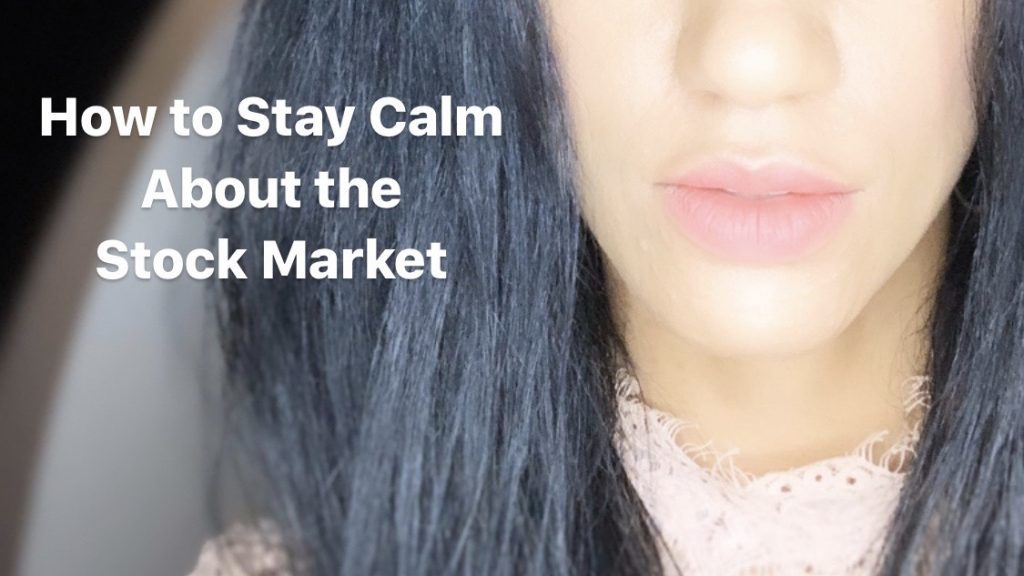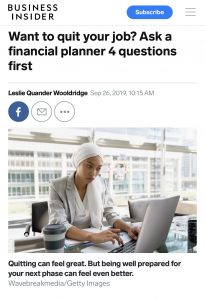
If you’ve ever wondered if you should take cryptocurrency seriously, you should.
On December 16, 2020, Bitcoin, the best-known cryptocurrency (but not the only one by far), hit $20,000 for the first time ever. It then went on to more than $21,000. By the next day, it was at more than $23,000.
After its lows of around $3,600 in March (when the pandemic affected global markets), this all-time-high is major. And it’s particularly interesting for U.S. investors during our current economic times, as the dollar has been down when compared to currencies like the euro. Plus, everyday and institutional investors have been buying Bitcoin.
What does this milestone mean? Well, if you’ve ever wondered if you should take Bitcoin and other cryptocurrency seriously, you should. I certainly do.
As I write this post, the global market cap of cryptocurrencies is more than $600 billion, CoinMarketCap reports. Yes, billion with a B. This is clearly something to pay attention to.
For now at least, as news continues to break, be aware that cryptocurrency—decentralized digital currency—exists. (The paper money in the background of the photo in this post is not the only game in town.)
Also remember: Bitcoin is a leader, but thousands of other cryptocurrencies exist at varying price points, including Ethereum (aka Ether or ETH), XRP, Litecoin, and Chainlink.
Also know that the crypto market is volatile and care is needed when investing, as you can see from Bitcoin’s intense price fluctuation just within a day (and during this year). And every currency is not something to invest in. So know that investors can have real gains and real losses.
Note: This blog does not offer investment advice. Always do your own research if you decide to invest in any financial market.
So have you heard of cryptocurrency? Do you find it confusing?
If you follow this blog and my YouTube channel, you may know one of my core subject matter areas is personal finance. And that I like to share what I know and encourage people that success and a wealth mindset are possible. This post is just a quick look at the landscape; there are many other things to discuss including the importance of blockchain technology, pros and cons of holding or investing in cryptocurrency, and more.
In closing, remember news is happening in this sector, which is one worth tracking. Please stay tuned. And feel free to share your thoughts or questions here, or on my Instagram page. 💥



